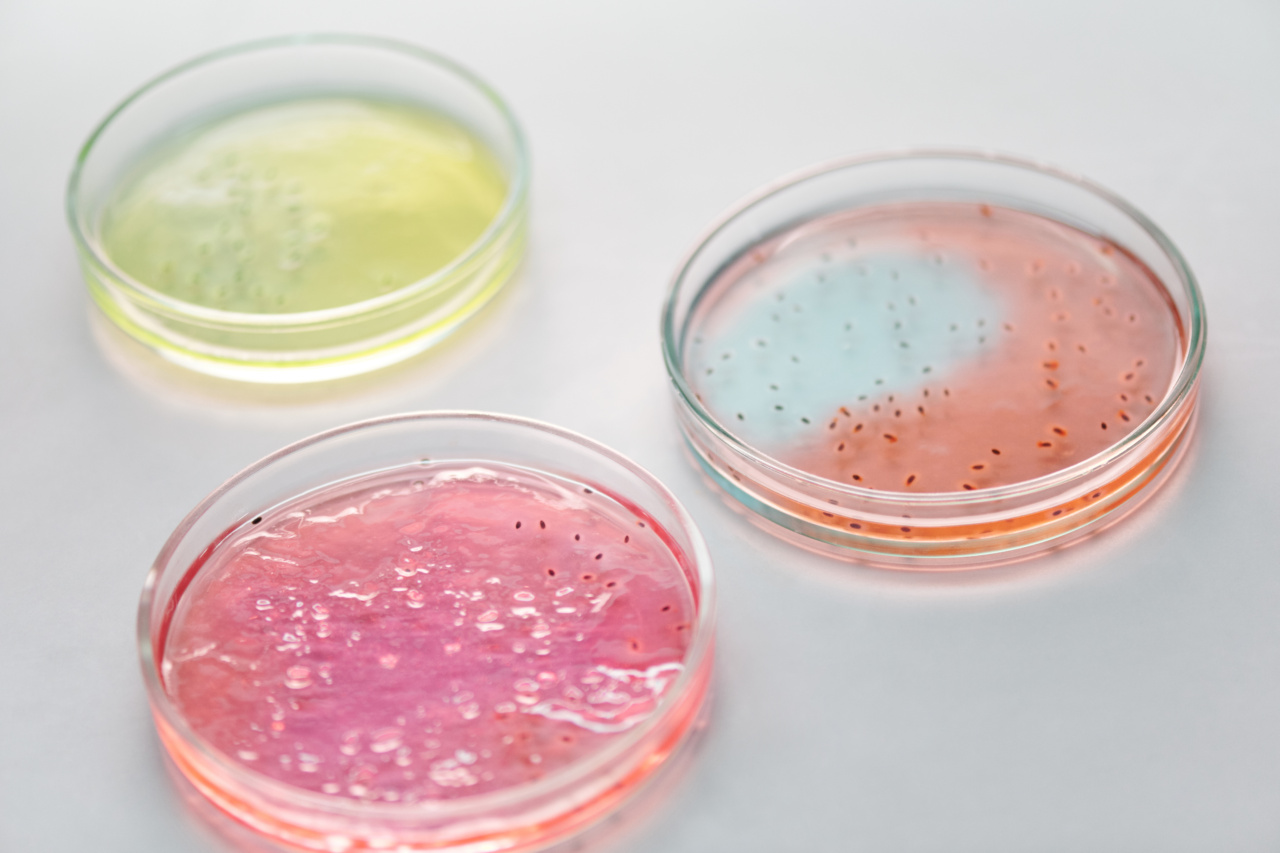Rheumatoid arthritis (RA) is a chronic inflammatory disorder that affects the joints in the body. It is an autoimmune condition where the body’s immune system attacks its own tissues.
Many studies have suggested that the microbiome, the trillions of microbes living in our digestive system, could have a significant impact on RA.
What is the microbiome?
The microbiome consists of trillions of microorganisms that live in our gut, including bacteria, viruses, fungi, and other microbes.
These microorganisms play a crucial role in our overall health, influencing everything from our digestion to our immune system.
The Link Between the Microbiome and RA
Research has suggested that changes in the gut microbiome may play a key role in the development of RA.
Scientists have found that people with RA have different bacteria in their gut compared to healthy individuals, with a higher abundance of certain types of bacteria.
Additionally, researchers have found that certain gut bacteria produce chemicals that can lead to inflammation in the body.
Inflammation is a key factor in the development of RA, so this link between the microbiome and inflammation could be particularly significant.
The Gut-Joint Axis
One theory that has emerged is that there is a relationship between the gut microbiome and the joints in the body, known as the gut-joint axis.
The thinking is that changes in the gut microbiome can lead to systemic inflammation that affects the joints, potentially leading to RA.
Recent studies have supported this theory.
A study published in the journal Science Translational Medicine in 2013 found that mice with a certain genetic predisposition to arthritis did not develop the disease when they were raised in a sterile environment with no gut microbiome. However, when their environment was exposed to gut bacteria, they did develop arthritis.
Modifying the Microbiome
Given the potential link between the gut microbiome and RA, researchers are exploring ways to modify the microbiome to manage the condition.
One approach being studied is the use of probiotics, which involve consuming beneficial bacteria to improve gut health.
A study published in the journal Frontiers in Immunology in 2019 found that a daily dose of Lactobacillus casei, a type of probiotic bacteria, was able to reduce inflammation in people with RA.
However, the study was small and further research is needed to determine the effectiveness of probiotics in managing RA.
Dietary Changes
One way to modify the microbiome is through dietary changes. Research has shown that the foods we eat can have a significant impact on the gut microbiome.
Studies have suggested that a diet rich in fiber, fruits, and vegetables can promote a healthy gut microbiome, while a diet high in fat and sugar can negatively impact the microbiome.
The Role of Antibiotics
Antibiotics are used to treat bacterial infections, but they can also have a significant impact on the gut microbiome.
Studies have suggested that antibiotics can alter the gut microbiome in ways that may increase the risk of autoimmune conditions such as RA.
Additionally, a study published in the journal Arthritis & Rheumatology in 2016 found that people with RA who had been exposed to antibiotics were more likely to develop anti-citrullinated protein antibodies, a marker of RA.
However, the study only found an association, not a direct cause-and-effect relationship, and more research is needed.
Conclusion
Research into the role of the gut microbiome in RA is still in its early stages, but there is growing evidence to suggest that changes in the microbiome could play a key role in the development of the condition.
By modifying the microbiome through dietary changes and other approaches, it may be possible to manage RA more effectively.





























